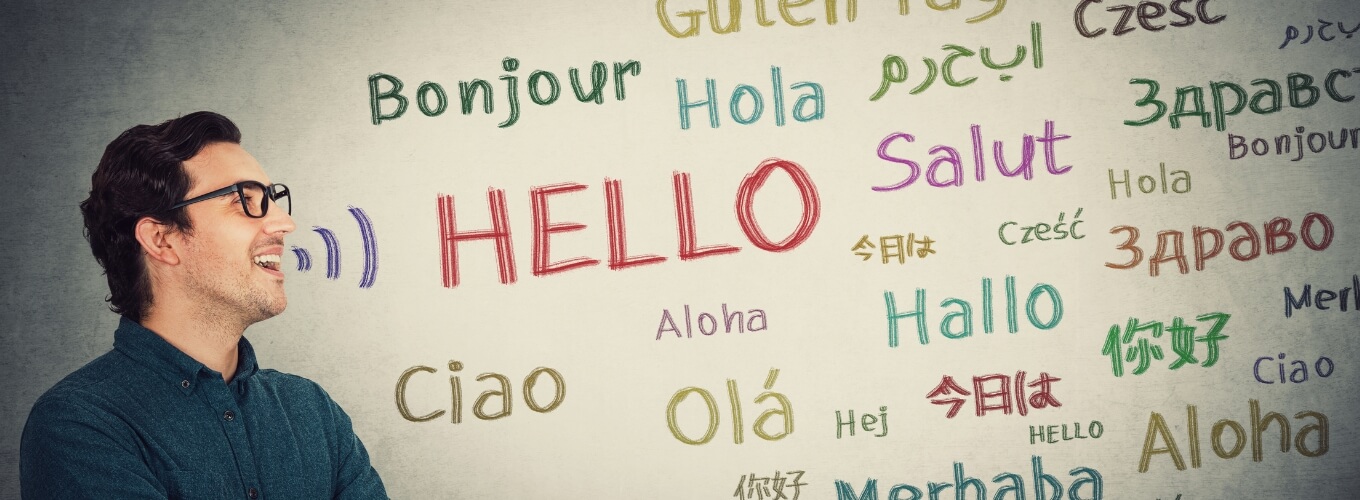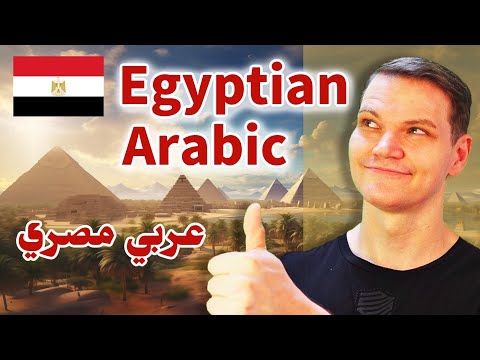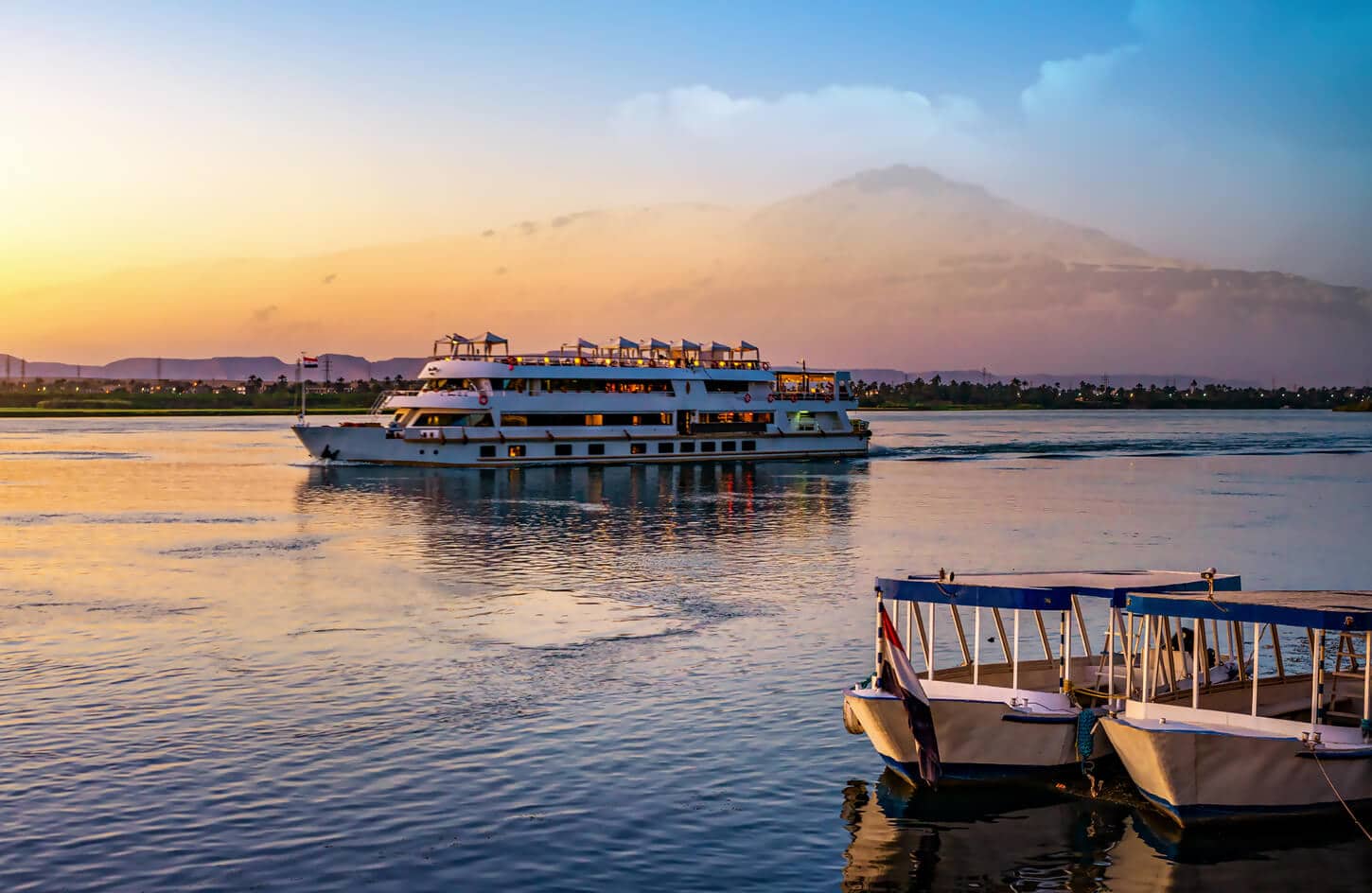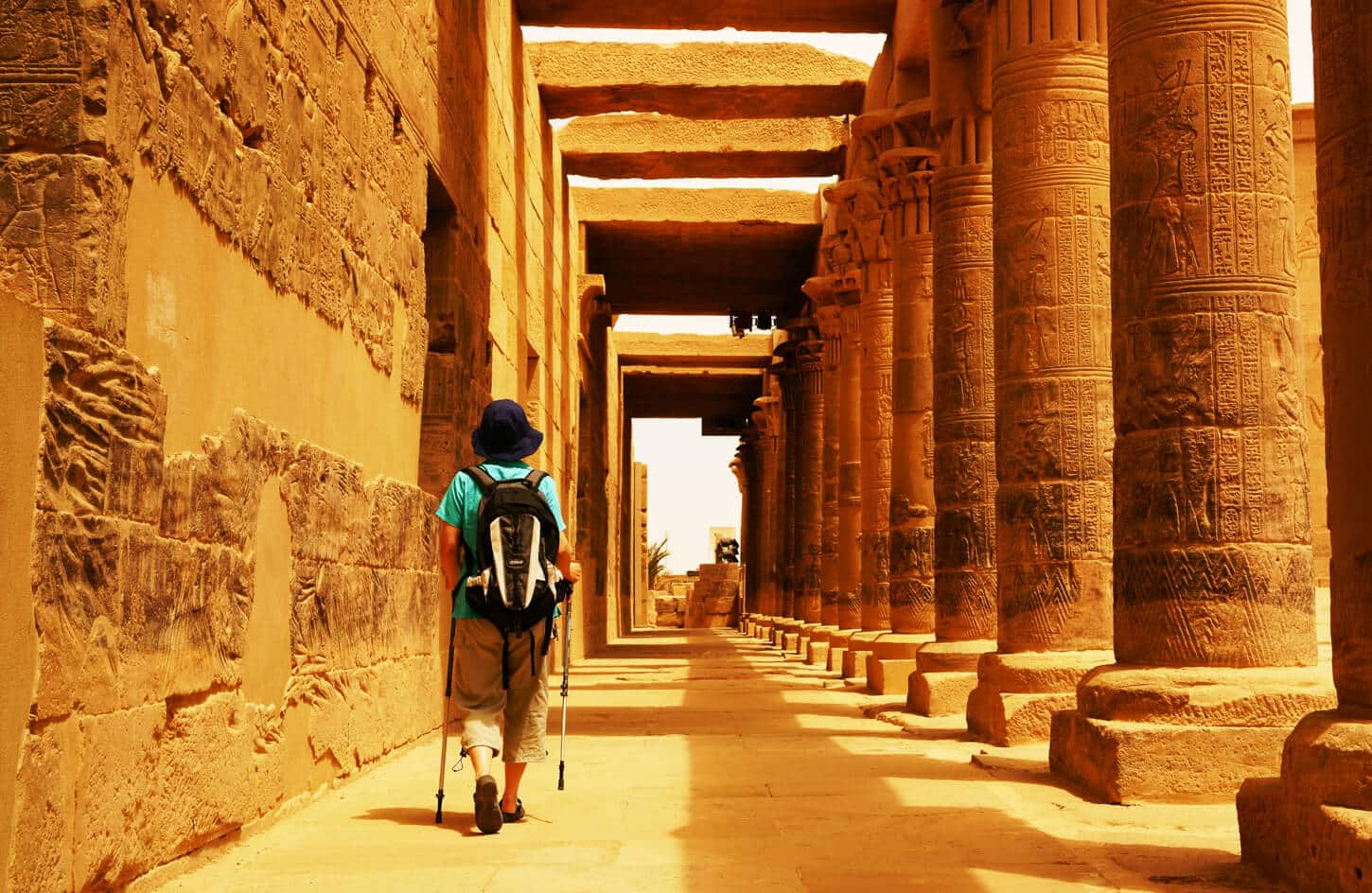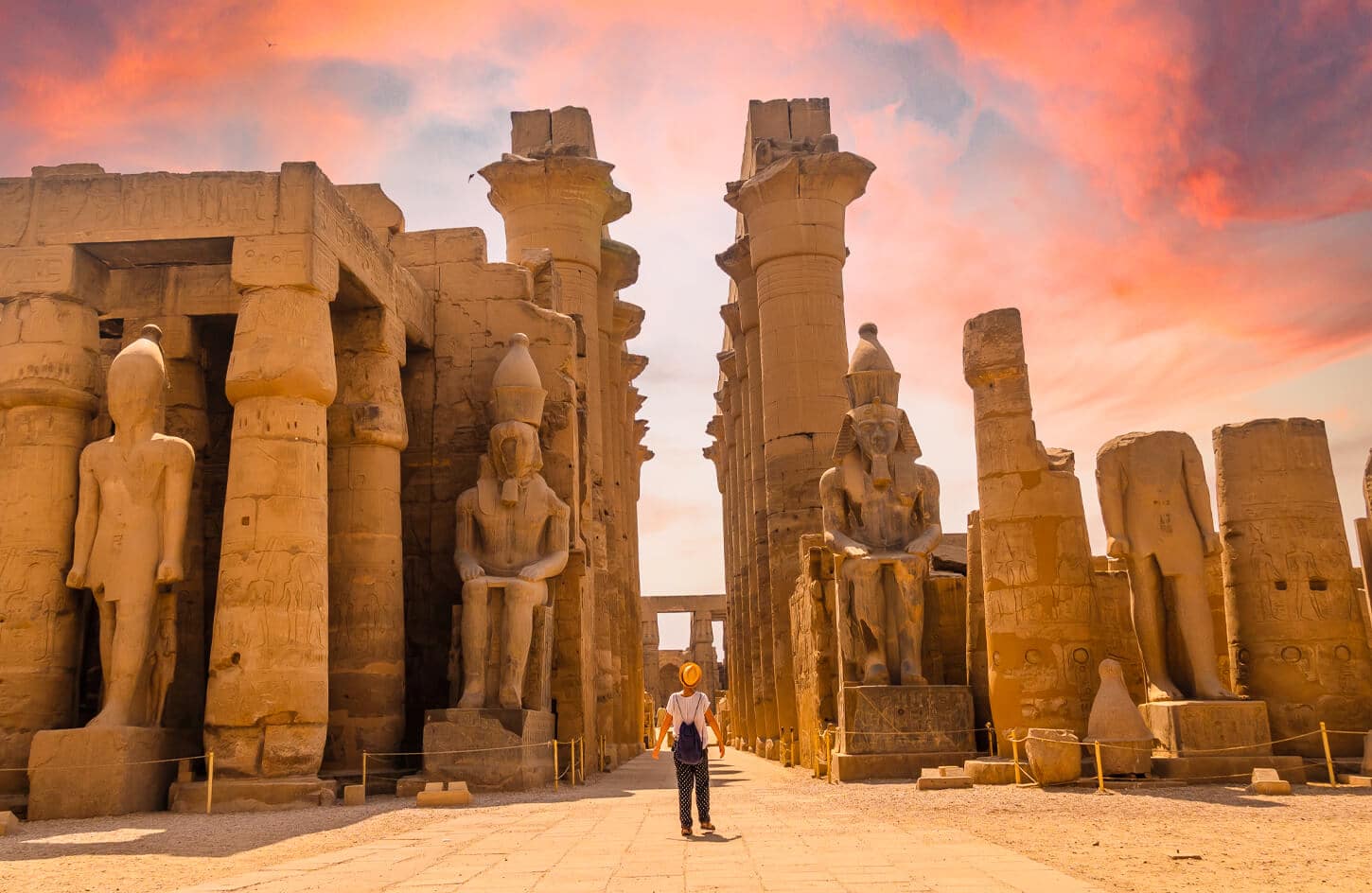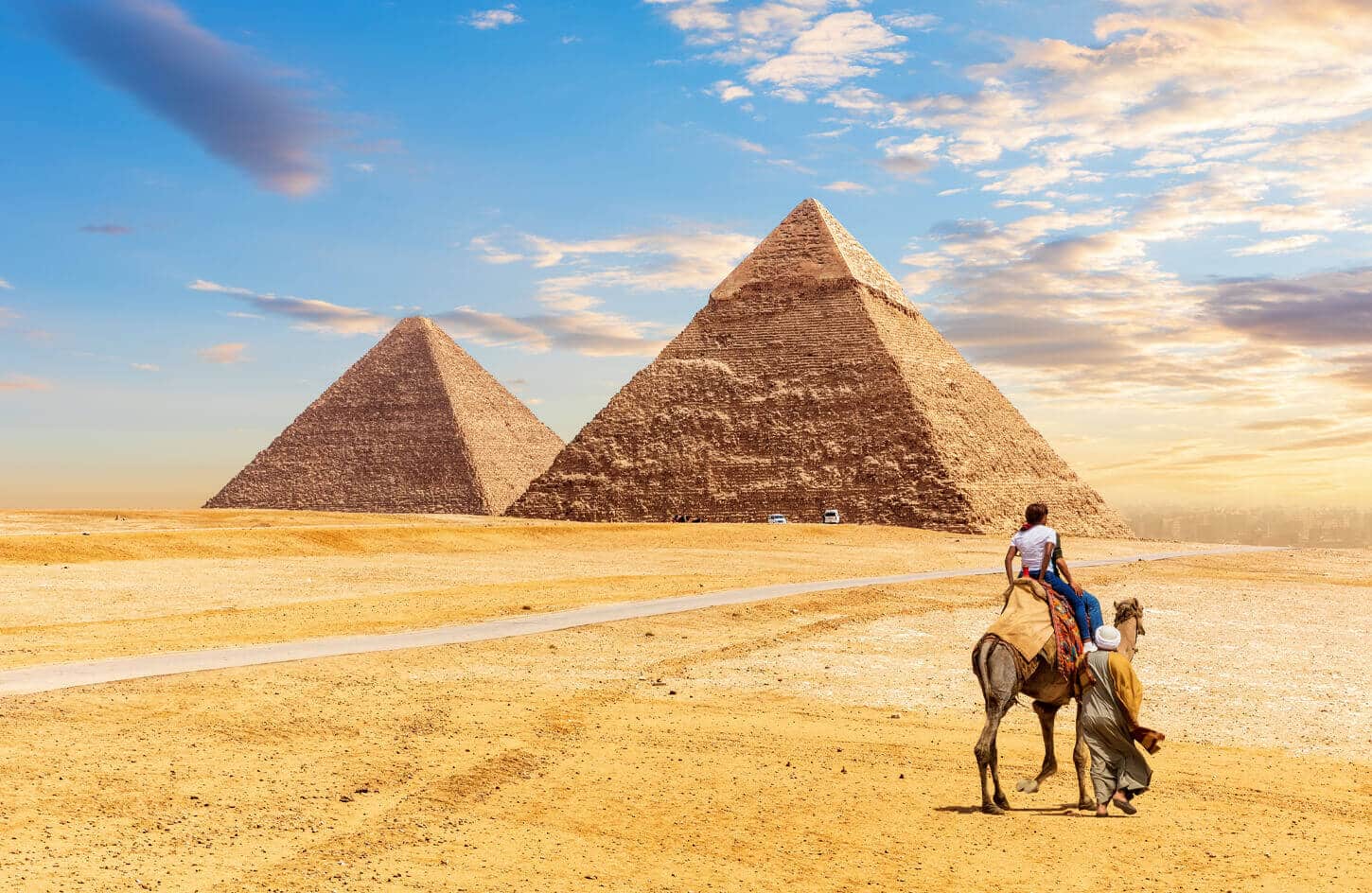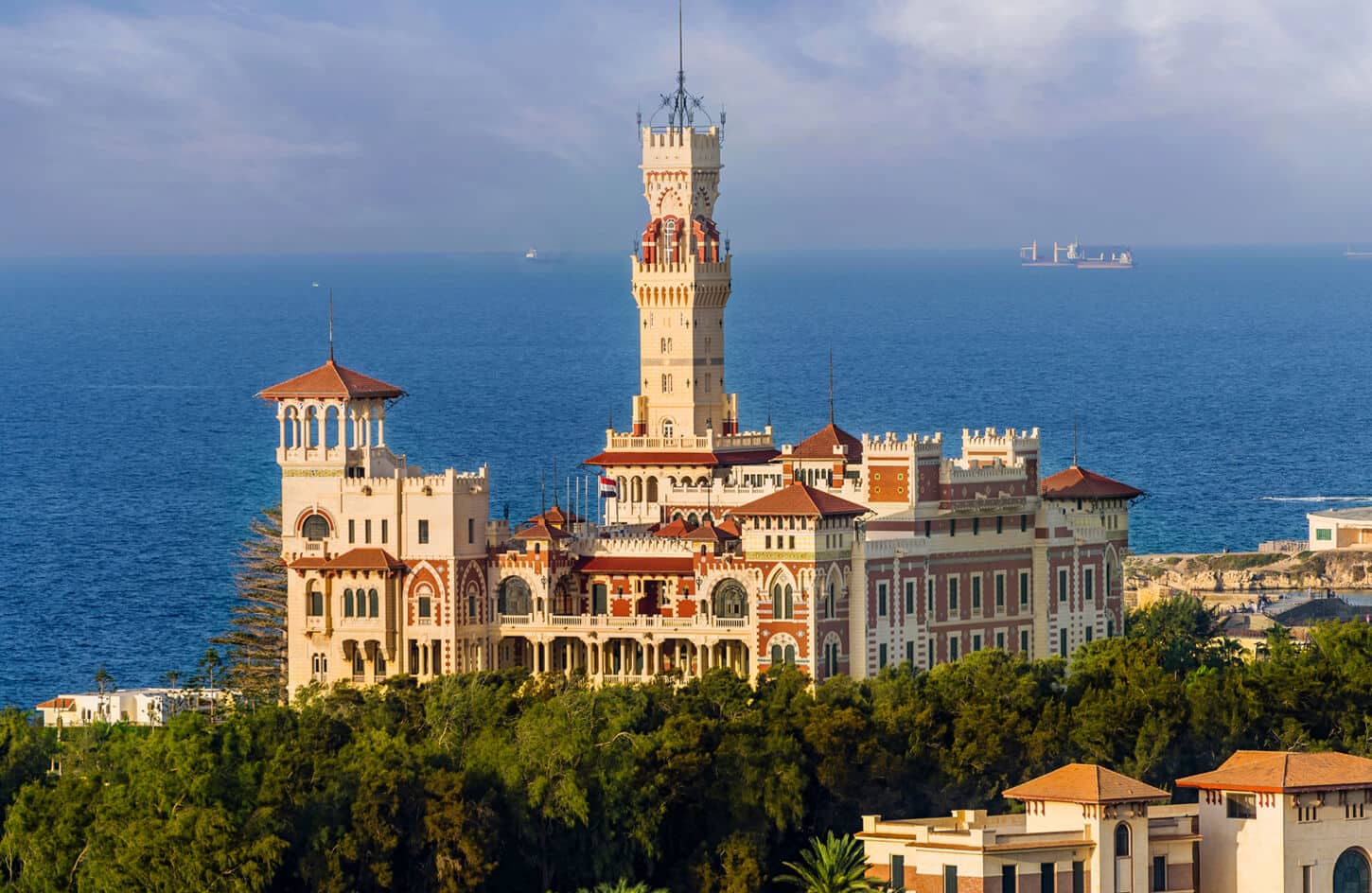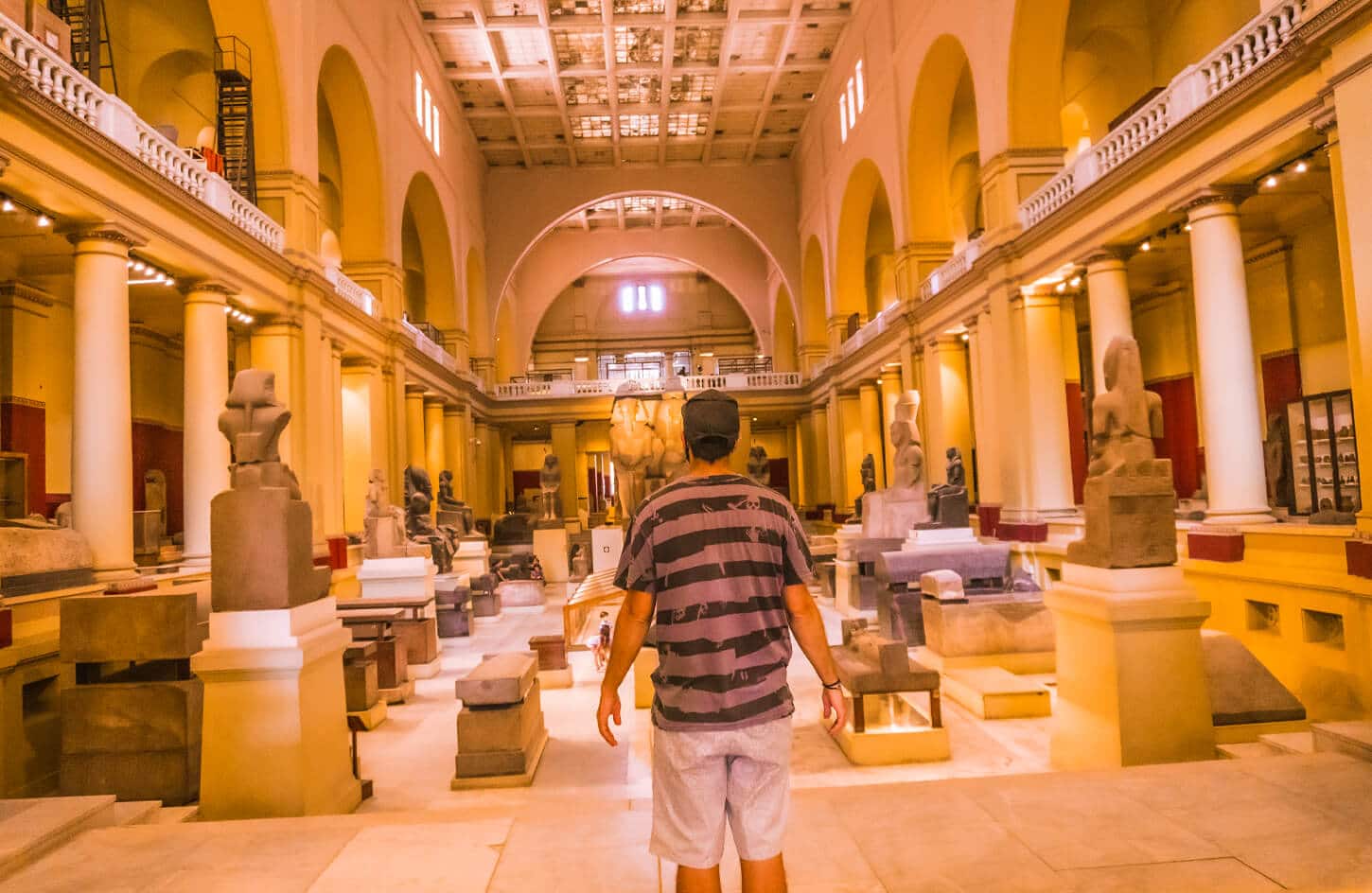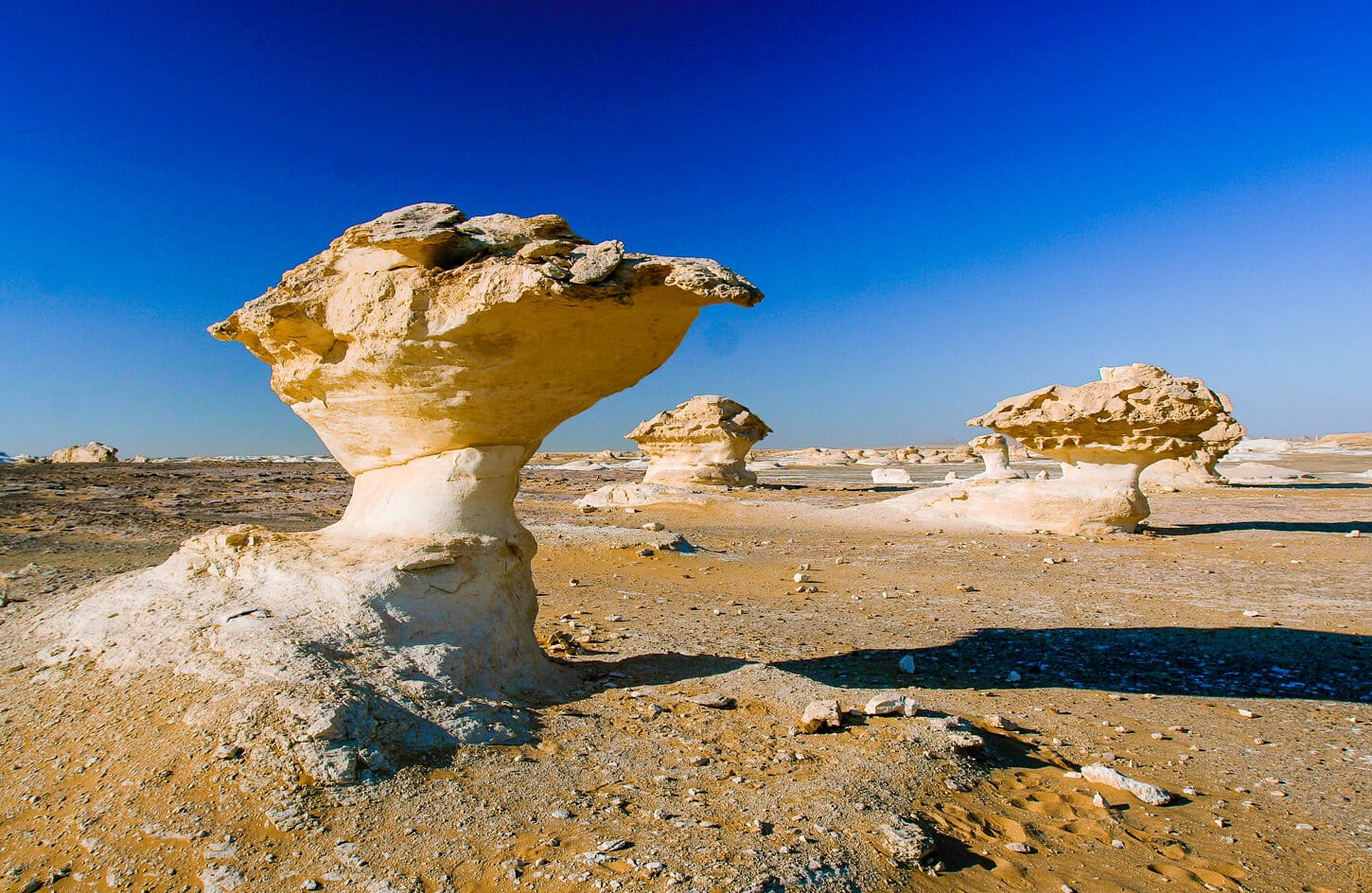What language is spoken in Egypt? A question asked by every visitor to Egypt, and let us tell you that Arabic is the official language of Egypt, but it is not the only language spoken in this wonderful country. Egypt has a rich linguistic heritage influenced by its history, geography, and diverse cultures.
Egyptian Arabic dominates daily life, while languages like English and French echo in business and education. Dive into this article to explore the languages spoken in Egypt, their historical roots, and their significance today. Whether you’re a traveler, historian, or language enthusiast, you’re in for a captivating journey. Check the most common questions that travelers ask about Egypt.
Key Takeaways
- Modern Standard Arabic is Egypt’s official language, used in formal settings and education.
- Egyptian Arabic is the most widely spoken dialect, reflecting daily communication and culture.
- Other languages like English and French play a significant role in business and education.
- Minority languages, including Nubian, add to Egypt’s cultural diversity.
- Ancient Egyptian hieroglyphs, though no longer spoken, influence Egypt’s historical identity.
- Egypt’s linguistic landscape bridges ancient traditions with modern global connections.
Official Language of Egypt
When it comes to the official language of Egypt, Modern Standard Arabic (MSA) takes center stage. This isn’t just Egypt’s primary language—it’s also a cornerstone of communication across the Arab world. MSA is formal, elegant, and used in settings like government speeches, education, and news broadcasts. Think of it like the polished version of Arabic, kind of like how Shakespearean English compares to everyday chat.
Here’s the thing about MSA—it’s not what you’ll hear in Cairo’s bustling markets or from your taxi driver. While MSA is taught in schools and used in formal documents, it’s not the language of casual conversation. Egyptians learn it as a second form of Arabic alongside their dialect, Egyptian Arabic. But don’t underestimate MSA’s importance. If you’re studying Arabic or planning to work in Egypt, mastering Modern Standard Arabic is a must.
Interestingly, MSA is rooted in Classical Arabic, the language of the Quran, which makes it deeply tied to Islamic culture and history. That’s why it’s so respected and widely understood. It’s also incredibly consistent—whether you’re in Egypt, Morocco, or Saudi Arabia, MSA stays the same, unlike regional dialects that vary wildly.
If you’re a language enthusiast, you’ll find MSA fascinating for its structure and rich vocabulary. Plus, it’s your gateway to understanding the Arabic-speaking world’s literature, philosophy, and media. Pro tip: While MSA can feel formal, it’s perfect for making a professional impression in Egypt or connecting with the broader Arab world.
Everyday Communication: Egyptian Arabic Dialect
If you’re walking through the bustling streets of Cairo or chatting with someone at a local coffee shop, you’re almost guaranteed to hear Egyptian Arabic, or as locals call it, Masri. This dialect isn’t just Egypt’s most widely spoken language—it’s also one of the most recognized and understood dialects across the Arab world, thanks to Egypt’s booming film and music industries. Talk about cultural influence!
What makes Egyptian Arabic so unique? It’s a mix of influences, blending elements from Modern Standard Arabic, ancient Egyptian languages, and even some French, English, and Turkish words. (Yeah, history left its mark!) For example, you might hear “merci” for thank you or “gamal” instead of “jamal” for beauty. Its casual, flowing style makes it easier to learn than more rigid forms like MSA, so it’s perfect for daily chats.
Here’s a cool fact: Even though it’s everywhere, Egyptian Arabic varies by region. The way someone in Alexandria speaks might sound different from someone in Aswan. And, while Egyptian Arabic is ideal for informal conversations, it’s rarely written down—it’s all about speaking. Textbooks and news? That’s still MSA territory.
If you’re visiting Egypt, learning a few key Egyptian Arabic phrases will go a long way. Saying “sabah el kheir” (good morning) or “shukran” (thank you) can earn you some big smiles. Even a simple “aiwa” (yes) or “la’a” (no) can make interactions smoother.
Pro tip: Don’t stress if you mix up some words—locals appreciate the effort and might even help you fine-tune your pronunciation. Just relax and enjoy the rhythm of this expressive, melodic dialect. It’s not just a language; it’s a connection to Egypt’s vibrant culture!
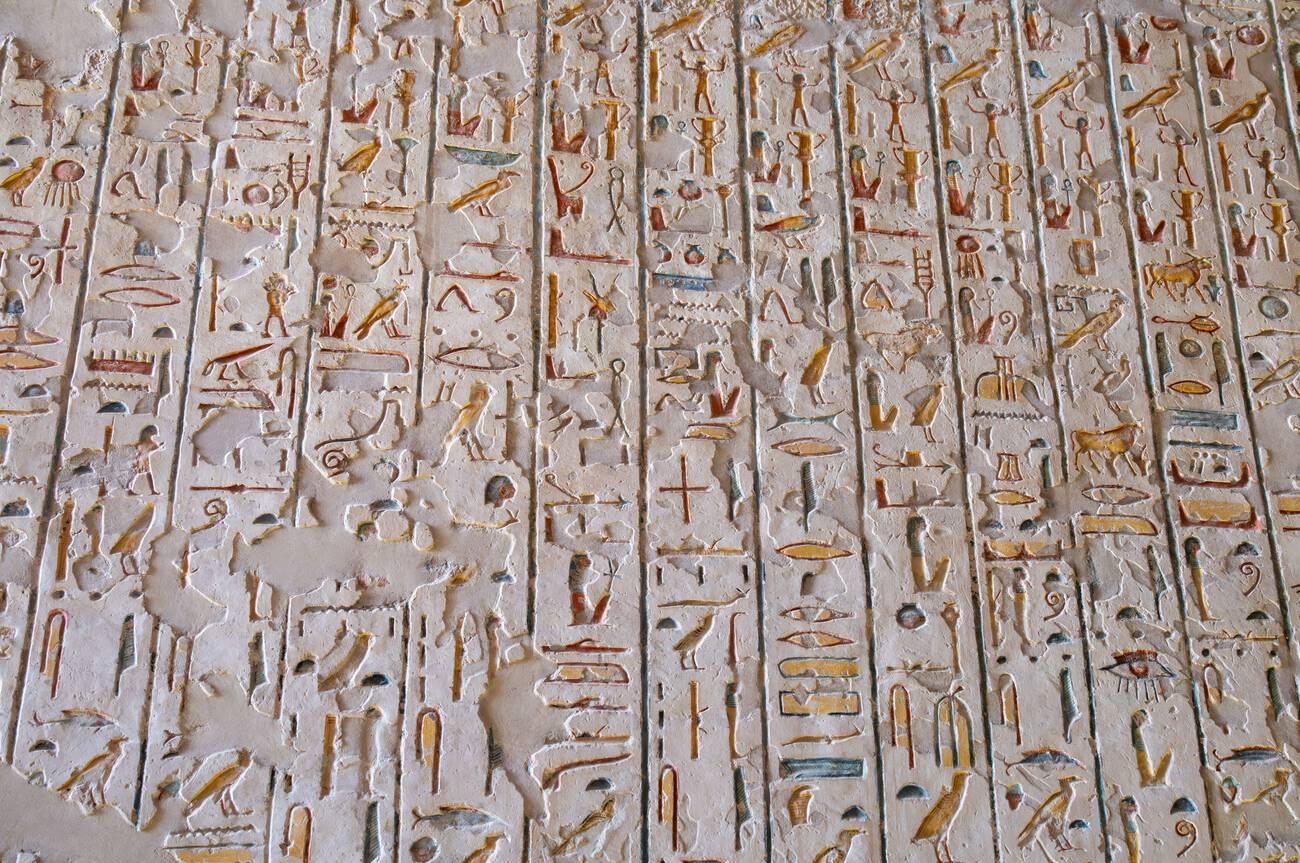
Ancient Languages of Egypt
Egypt’s linguistic story goes back thousands of years, and it’s just as fascinating as its pyramids. The most famous of these ancient languages is Ancient Egyptian, the language of hieroglyphs. This elaborate system of writing, filled with symbols and pictures, wasn’t just for decoration—it was used to record everything from royal decrees to religious texts on temple walls, papyrus scrolls, and even tombs.
Hieroglyphic writing dates back to around 3100 BCE and evolved into simpler scripts like Hieratic and later Demotic, which made everyday record-keeping easier. By about the 1st century CE, however, these scripts began to fade, replaced by Coptic, the final stage of the Egyptian language. Coptic, written in a script derived from Greek, became the liturgical language of Egypt’s Christian community and is still used in Coptic Orthodox Church services today.
But Ancient Egyptian wasn’t just about written words. It was spoken too! While we’ll never know exactly what it sounded like, linguistic studies and comparisons to Coptic give us some fascinating clues. And though these languages are no longer spoken, they live on in surprising ways. For instance, many modern Egyptian Arabic words—like ibn (son) and abi (father)—have roots in Ancient Egyptian.
If you’re a history buff, exploring Egypt’s ancient languages is like peeling back layers of a cultural time capsule. Each script, from hieroglyphs to Coptic, tells a story about how people lived, worshipped, and connected with the world around them. It’s a testament to how language evolves yet always carries echoes of the past.
Pro tip: If you visit museums in Egypt, look out for the Rosetta Stone, the artifact that unlocked the secrets of hieroglyphs. It’s a perfect example of how one piece of language history can change everything!
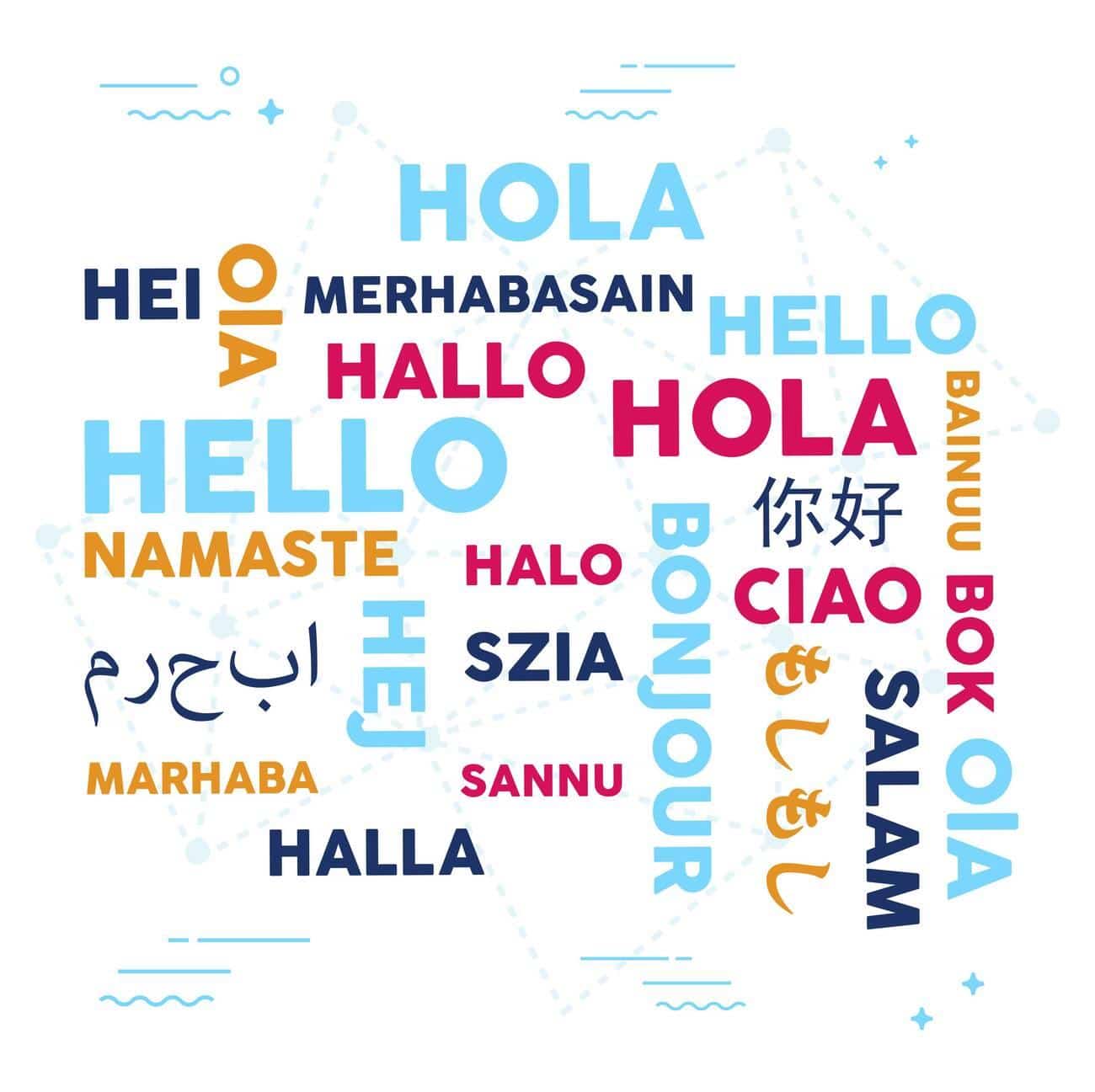
Foreign Languages Spoken in Egypt
While Arabic dominates Egypt’s linguistic landscape, foreign languages play a key role, especially in business, education, and tourism. The most widely spoken foreign language here is English. Thanks to Egypt’s strong focus on international trade and a booming tourism sector, many Egyptians, especially in urban areas like Cairo and Alexandria, speak English fluently. You’ll find it used in schools, universities, and even on street signs in tourist-heavy areas. So, no need to stress if your Arabic isn’t perfect!
French also has a notable presence, a legacy of Egypt’s colonial past, and strong ties to Francophone countries. Many Egyptians in fields like diplomacy, law, and academia are fluent in French. Some elite schools even teach French as a primary foreign language. If you’re visiting Egypt and know a little French, it might surprise you how often you’ll hear it in business meetings or upscale neighborhoods.
Tourist hotspots like Luxor and Sharm El-Sheikh often have workers who can communicate in Italian, German, or Russian, catering to the influx of international visitors. Russians, for example, make up a significant portion of Egypt’s tourist base, and you’ll often hear Russian phrases in coastal resorts.
Pro tip: If you’re planning a trip, brushing up on basic English phrases will serve you well. But if you want to earn some extra smiles, learning a few words in French or even Russian can leave a great impression. Locals genuinely appreciate the effort and are often eager to practice their language skills with you.
It’s amazing how Egypt’s linguistic diversity reflects its role as a global cultural crossroads. From historic ties to modern tourism, foreign languages are woven into Egypt’s vibrant, multilingual identity.
Minority Languages and Regional Diversity
Egypt’s linguistic tapestry isn’t just about Arabic—it’s enriched by a variety of minority languages that reflect the country’s cultural and regional diversity. One of the most notable minority languages is Nubian, spoken by the Nubian people in southern Egypt near Aswan. These languages, including Nobiin and Kenzi-Dongolawi, have been passed down through generations and are deeply tied to the Nubian community’s identity, music, and traditions.
Another significant language is Beja, spoken by the Beja people in the eastern deserts near the Red Sea. It’s part of the Cushitic family and has existed for centuries, with speakers often leading nomadic or semi-nomadic lifestyles. This language serves as a reminder of Egypt’s connections to neighboring regions like Sudan and Ethiopia.
In the far west, near the border with Libya, small groups speak variations of Berber, though this is far less common. And while it’s not technically spoken anymore, Coptic, derived from ancient Egyptian, is still preserved in religious ceremonies within the Coptic Orthodox Church. It remains a symbol of Egypt’s Christian heritage and a link to its ancient past.
These minority languages aren’t just linguistic artifacts—they’re living expressions of regional identity. However, like many minority languages worldwide, they face challenges from the dominance of Arabic and globalization. Efforts to preserve them, through music, oral storytelling, and education, are crucial for maintaining Egypt’s rich cultural diversity.
Pro tip: If you’re traveling to regions like Aswan or the Eastern Desert, try learning a few Nubian or Beja greetings. Not only will it show respect, but it’s also a great way to connect with these communities and learn more about their unique histories and traditions.
Tips for Visitors: Navigating Languages in Egypt
When visiting Egypt, language can feel like both a bridge and a barrier. But don’t worry! With a few helpful phrases and an understanding of local customs, you’ll navigate communication like a pro.
If you don’t speak Arabic, English will get you far in tourist areas, especially in hotels, shops, and restaurants. But learning just a few basic phrases in Egyptian Arabic will go a long way in building rapport with locals. Even a simple “shukran” (thank you) will earn you some smiles.
The Power of Body Language
Egyptians are warm and expressive, and their body language and gestures speak volumes. A smile can go a long way—Egyptians are friendly and will appreciate your positive attitude. When you greet someone, a handshake is common, but be aware that men and women often don’t shake hands in more conservative settings. Just let the other person lead.
In Egypt, gestures are also important. For example, raising your eyebrows while saying “ahlan” (hello) is a common way of expressing enthusiasm. If you want to show that you’re listening or engaged, leaning forward slightly and maintaining eye contact is the way to go. But, beware of the “thumbs up”—while it’s friendly in many cultures, in Egypt, it can be considered an offensive gesture when used in certain contexts.
Pro tip: If you don’t speak Arabic, don’t worry about making mistakes. Egyptians are generally patient and will appreciate your effort to communicate. A combination of body language and a few simple words can make all the difference in feeling at home in Egypt. Just be genuine and embrace the warmth of local culture!
Essential Phrases for Travelers in Egypt
Here’s a list of essential Egyptian Arabic phrases that will help you communicate with locals and make a great impression!
Greetings and Polite Expressions
- “As-salamu alaykum” (السلام عليكم) – “Peace be upon you” (Common greeting).
- “Wa alaykum as-salam” (وعليكم السلام) – “And peace be upon you too” (Response).
- “Ahlan” (أهلا) – “Hello” or “Hi”.
- “Ahlan wa sahlan” (أهلا وسهلا) – “Welcome”.
- “Sabah el kheir” (صباح الخير) – “Good morning”.
- “Masaa’ el kheir” (مساء الخير) – “Good evening”.
- “Ma’a as-salama” (مع السلامة) – “Goodbye” (Literal: Go with peace).
Polite Requests and Gratitude
- “Shukran” (شكرا) – “Thank you”.
- “Afwan” (عفوا) – “You’re welcome” or “Excuse me”.
- “Min fadlak” (من فضلك) – “Please” (Formal).
- “Law samaht” (لو سمحت) – “Please” (Polite way to ask for something).
- “Iza samahht” (إذا سمحت) – “Excuse me” (Formal).
Questions You’ll Need
- “Kam thaman?” (كم ثمن؟) – “How much does it cost?”
- “Ayna…?” (أين…؟) – “Where is…?” (Use for directions).
- “Hal tatakallam al-ingliziyya?” (هل تتكلم الإنجليزية؟) – “Do you speak English?”
- “Ana la atakallam al-arabiyya” (أنا لا أتكلم العربية) – “I don’t speak Arabic”.
- “Fi ayin…?” (في أين؟) – “Where is…?”
- “Kayfa halak?” (كيف حالك؟) – “How are you?”
- “Mumkin assisti?” (ممكن تساعدني؟) – “Can you help me?”
Food and Dining
- “Ana juaan” (أنا جائع) – “I am hungry”.
- “Ana atashan” (أنا عطشان) – “I am thirsty”.
- “Ayna al-mat’am?” (أين المطعم؟) – “Where is the restaurant?”
- “Shai” (شاي) – “Tea”.
- “Qahwa” (قهوة) – “Coffee”.
- “La’ah” (لا) – “No”.
- “Aiwa” (أيوه) – “Yes”.
Emergency or Assistance Phrases
- “Aina al-hospital?” (أين المستشفى؟) – “Where is the hospital?”
- “I need help!” – “Ana ihtajtu al musa’ada” (أنا احتاجت المساعدة).
- “Is there a doctor?” – “Hal hunaak tabib?” (هل هناك طبيب؟)
- “I’ve lost my passport.” – “Faqadt jowaz safari” (فقدت جواز سفري).
Useful Travel Vocabulary
- “Taxi” (تاكسي) – “Taxi”.
- “Buss” (حافلة) – “Bus”.
- “Mataar” (مطار) – “Airport”.
- “Funduq” (فندق) – “Hotel”.
- “Souq” (سوق) – “Market”.
These phrases should get you through most situations while traveling in Egypt. Even if you only use a few, Egyptians will appreciate your effort to speak their language. Bonus tip: Always smile and be polite—it goes a long way in making connections and having positive experiences!
Book one of our All Inclusive Vacations to Egypt Today
Conclusion to Official Language of Egypt
Egypt’s linguistic tapestry is as diverse and fascinating as its ancient history. Modern Standard Arabic serves as the unifying thread, while Egyptian Arabic embodies the spirit of daily life. Foreign languages like English and French highlight Egypt’s global connections, and minority languages celebrate its regional heritage. By understanding what language is spoken in Egypt, you’re not just learning about words—you’re uncovering the soul of a nation that bridges past and present. Whether you’re planning to visit, study, or simply explore from afar, Egypt’s language is your gateway to its vibrant culture and rich history.
Don’t miss to check our related articles & guides:
